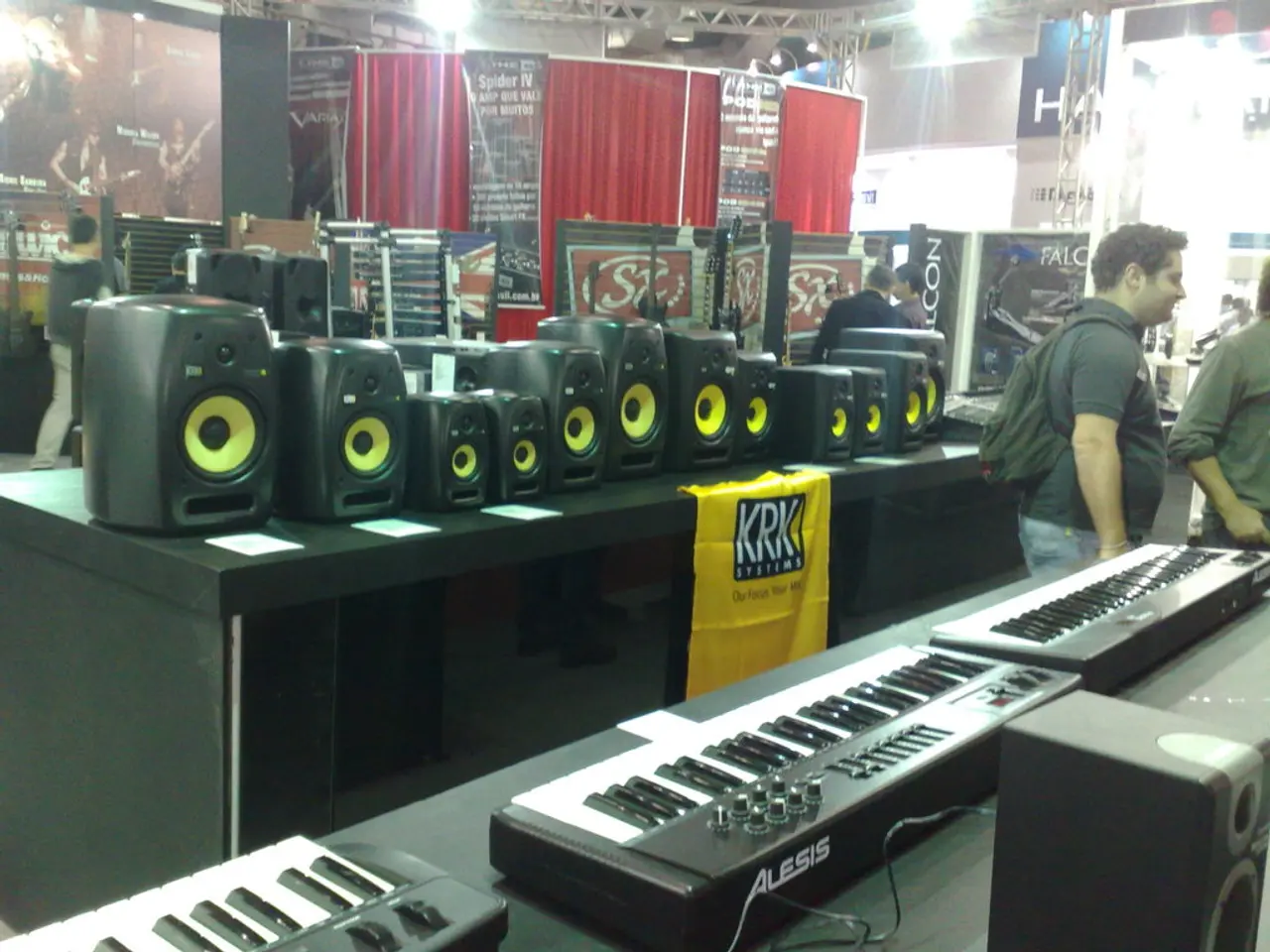Article Discussion: United States and the Global Semiconductor Landscape
In a bid to counter China's growing dominance in the semiconductor industry, the Research Institute for Democracy, Society and Emerging Technology (DSET) has called for deeper US cooperation with Taiwan. This collaboration is seen as crucial in securing the global supply chain and preserving technological sovereignty.
President William Lai of Taiwan has expressed a commitment to deepening collaboration with the US in strategic technologies, including jointly constructing a secure and robust "non-red" supply chain with Washington. This initiative aims to ensure that innovation remains in the hands of democratic nations and builds resilience against economic coercion.
The semiconductor industry is of significant strategic importance, with Chinese tech firms required to share innovations with the Chinese military, posing a serious security threat. A network of "non-red" chipmakers is especially urgent due to the growing threat posed by Chinese tech firms' mandatory sharing of innovations with the Chinese military.
The US government, under President Trump, announced an imminent 100% tariff on semiconductor imports to pressure chip manufacturers to build factories in the US rather than rely on imports from Asia, including Taiwan's competitors. However, exemptions have been granted for companies like TSMC and Samsung that commit to significant US investments. TSMC, a key member of the Semiconductor Industry Association, has pledged to invest approximately $100 billion in the United States over the next several years to expand its semiconductor fabrication capabilities on American soil.
Besides TSMC, other tech giants like Nvidia and Apple have announced plans to boost US manufacturing investments, reinforcing the ecosystem supporting advanced semiconductor production domestically. Taiwan-US negotiations and trade relations continue, with Taiwan pushing for tariff exemptions and trade agreements, recognising these tariffs as part of a broader strategy to reduce dependence on China.
DSET warns that without concrete measures, the global industrial sector could become increasingly dependent on Chinese suppliers, posing risks to the international democratic alliance. DSET's CEO, Jeremy Chang, and non-resident fellow Ho Ming-yen suggest stronger partnerships in the semiconductor sector to counter China's growth, including enabling free trade, coordinating on production capacity, and specialized process development. The remarks from Taiwan's leadership align with the DSET's recommendations, aiming to build an integrated, secure, and democratic tech ecosystem in partnership with the US.
President Trump has threatened TSMC with tariffs up to 100 percent if it does not build plants in the US, indicating his understanding of TSMC's strategic importance to the US economy. Taiwan should engage constructively with the Trump camp and future US administrations to stress the importance of avoiding harmful tariffs and restrictions on "non-red" supply chain producers.
Lai's goal is to maintain a technological edge for Taiwan, the US, and democratic partners around the world. A more tightly knit, cooperative network of "non-red" chipmakers would be more capable of withstanding Chinese competition and coercion. The Semiconductor Industry Association, despite ostensibly representing US and non-US chipmakers, may need to recognise the importance of the future of the US semiconductor industry being linked with the well-being of democratic partners in East Asia, particularly Taiwan.
Technology collaboration between Taiwan and the US is essential in securing the global semiconductor supply chain and preserving technological sovereignty in the face of China's mandatory sharing of innovations with its military, as highlighted by the growing need for a network of "non-red" chipmakers. Partnerships in this sector could reinforce the integrity of the global industrial sector and mitigate risks to the international democratic alliance, as advocated by the Research Institute for Democracy, Society and Emerging Technology (DSET).




